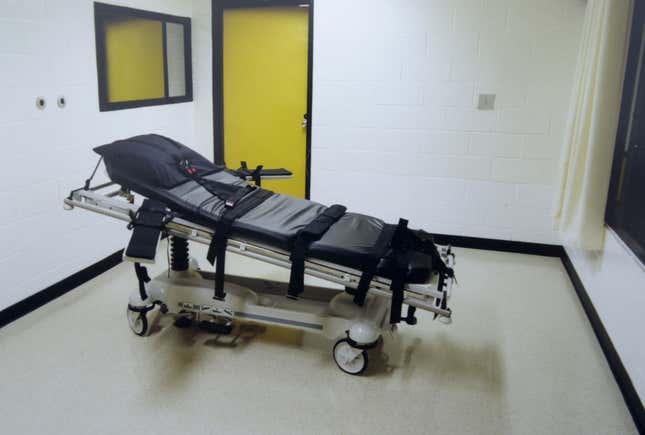
Governor Jared Polis officially repealed capital punishment in Colorado on Monday, capping off a heated legislative battle to get rid of the death penalty in the state.
For decades, capital punishment was seldom used in Colorado, the New York Times points out. Since reinstating the death penalty in the 1970s, only one person had been executed. Along with abolishing the death penalty, Gov. Polis commuted the sentences of the last three men on the state’s death row to life sentences without the possibility of parole.
However, in a statement, Polis noted that commutations are “typically granted to reflect evidence of extraordinary change in the offender,” noting that this wasn’t the case in the three convicted murderers: 45-year-old Nathan Dunlap, 35-year-old Sir Mario Owens and 34-year-old Robert Ray.
“The commutations of these despicable and guilty individuals are consistent with the abolition of the death penalty in the State of Colorado, and consistent with the recognition that the death penalty cannot be, and never has been, administered equitably in the state of Colorado,” the governor said.
Dunlap, Owens, and Ray are black.
The state had been lurching toward this conclusion for a while—a death penalty repeal passed the state House in January, with the Senate approving the bill in February. But even though Colorado hadn’t executed anyone since 1997, officially repealing capital punishment was a hotly contested fight.
Among those who expressed disappointment in Gov. Polis was state Senator Rhonda Fields. The lawmaker was personally affected by the law—Robert Ray was found guilty for the 2005 murder of her son Javad Marshall-Fields and his fiancé Vivian Wolfe, NBC News reports. Ray arranged the killings because the couple witnessed another murder Ray was involved in and Marshall-Fields was set to testify against him in court.
“In a stroke of a pen Gov. Polis hijacks justice and undermines our criminal justice system,” Fields wrote in a statement. On Twitter Tuesday morning, she continued to sound off about the bill, calling the death penalty repeal “unthinkable.”
Despite pushback from people like Sen. Fields, the momentum seems to be on the side of states like Colorado. As NBC News notes, a Gallup poll from October 2019 showed that 42 percent were opposed to the death penalty, the “highest level of opposition since the death penalty was re-established.” It is now the 22nd state to abolish capital punishment, following Washington, Maryland, and Connecticut.
“That is not a surprise,” Robert Dunham, executive director of the Death Penalty Information Center, told NBC News. “Public support for capital punishment has been thinning and is near a generation low. America’s views of criminal justice have experienced a sea change, and in state legislatures, the issue has become increasingly bipartisan.”

